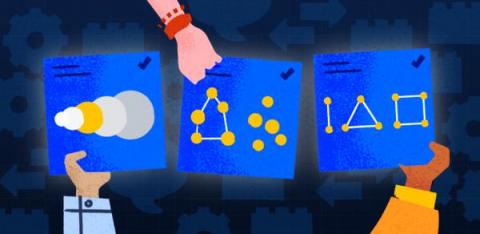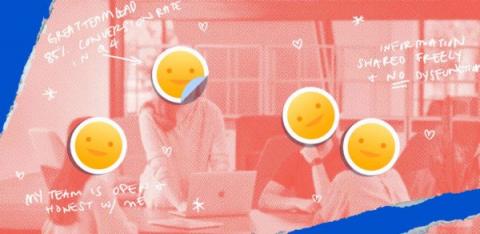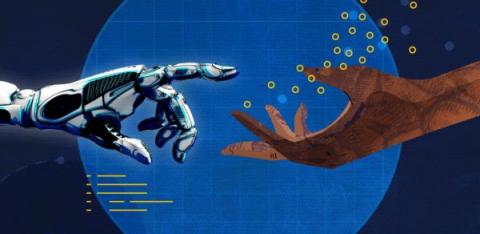Teams | Collaboration | Customer Service | Project Management
Atlassian
10 killer keystrokes that'll help you work faster
I remember it like it was yesterday, but it was 20 years ago. As I approached my boss’s desk, I saw her do something amazing: she made a smaller window appear on top of her screen, displaying the icons of her open applications. She quickly toggled and selected another. In an instant, she’d gone from Outlook to Excel. No mousing around, no hunting to open the app. I squawked. What the heck was that? That, my friends, was my alt-tab Eureka! moment.
3 research-backed principles that help you scale your engineering org
As engineering teams grow, obvious difficulties arise. It’s simple math. You can’t keep up with everyone, and everything, in the same way as you did when the team was small. To maintain the high level of impact you’ve always had, your ways of working need to change.
18 daily affirmations to help you overcome any work hurdle
It’s 3 a.m. and you’re up again tossing and turning, a stampede of wild thoughts running through your head about your latest work issue. Maybe it’s a project gone south, a recurring problem rearing its head again, or a difficult relationship with a coworker. Either way, it’s up to you to calm your mind, talk yourself through your worries, and get a good night’s sleep.
How to get the most out of Confluence Cloud webinar
An FBI spymaster taught me how to read my coworkers
“Wait. I don’t remember telling you the name of my hometown,” I said with an eyebrow cocked. “No, but I’m an intel analyst. So I know.” Truth be told, I was surprised the conversation hadn’t included more moments like this. I’m sitting in a tavern a few klicks down the road from the FBI’s training academy in Quantico, VA.
Attention leaders: there's something your team isn't telling you
You’re a manager. You’re not one to pat yourself on the back, but you’ve got to admit: your team is doing pretty darn well. At least, that’s how it seems to you. Big projects are being checked off the list, deadlines are being met. You haven’t had to referee any heated conflicts, your inbox has no complaints. You’re good! But is that the whole story? Our research suggests your direct reports might describe the situation a wee bit differently.
Ship faster using Slack and Jira - Demo Den January
5 questions about the potential (and limits) of AI with John Maeda
Unless you build or program computers for a living, you could be forgiven for never having wondered what actually happens under the hood. How do computers make decisions? What do their instructions look like? Can they, y’know… think?











